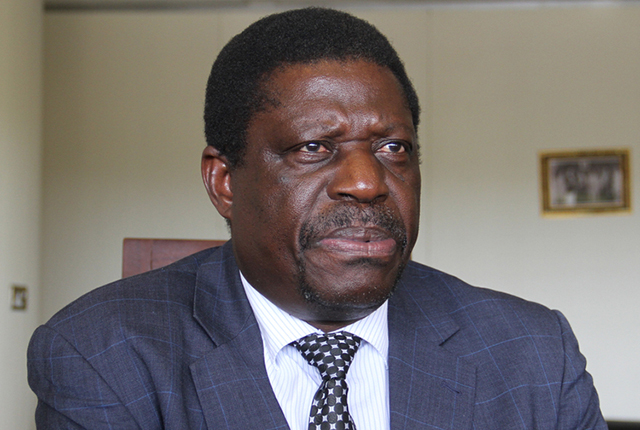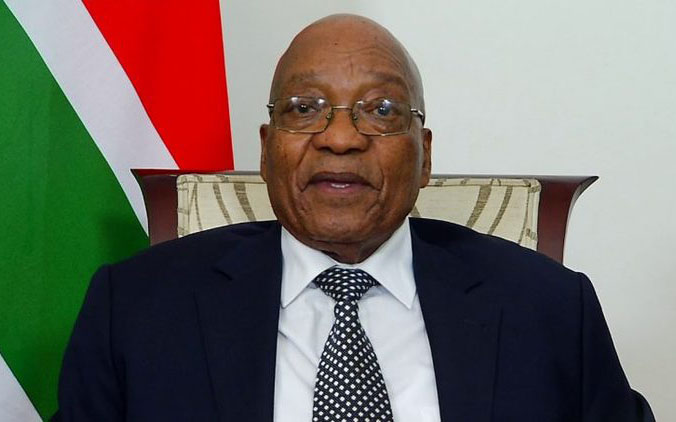Fortification debate rages

Conrad Mwanawashe Business Reporter
THE grain milling industry has appealed to Industry and Commerce Minister Dr Mike Bimha to engage Health and Child Welfare Minister Dr David Parirenyatwa to rescind his decision to impose a mandatory fortification programme citing lack of adequate consultation on the matter, among other reasons.
Through Statutory Instrument 120 of 2017, Dr Parirenyatwa set July 1 as the date for the commencement of mandatory fortification of the country’s four main food commodities namely sugar, cooking oil, maize meal and flour.
“We appeal to you as our line minister responsible for the industry to engage, on our behalf, your colleague the Minister of Health and Child Welfare, to rescind his administrative decision contained in the SI 120 of 2017, to impose Mandatory Fortification programme with effect from July 1, 2017,” Grain Millers Association of Zimbabwe chairman Tafadzwa Musarara said in the letter to Dr Bimha.
The appeal to Dr Bimha was based on the fact that there was no sufficient consultation within Government as the Ministry of Industry and Commerce and other relevant Government entities such as the Reserve bank of Zimbabwe, were left out in the process. “In essence the health minister regulated the activities of an industry that falls under another ministry without consulting the responsible it.
“The SI 120 compels the milling industry to import some artificial nutrients inhabited in powder from substance called fortificants from countries in Europe and Asia and insert them into mealie meal and wheat flour. The milling industry is currently battling to clear $63 million nostro liabilities,” Mr Musarara said.
For instance, the imported wheat and maize that was milled in the 2016 festive season has not been paid for yet. “There are no local manufacturers of these fortificants and the dosing machinery and as such, mandatory fortification will worsen the milling industry nostro currency liabilities,” GMAZ said.
This is the second letter with reference to fortification that GMAZ has lodged this month having written directly to the Health and Child Welfare Minister earlier on. The millers said last September, Minister Parirenyatwa had committed that he would obtain duty exemption on the dosing machinery and fortificants but this has not been done.
Customs duty still applies making the whole venture expensive ultimately to the consumer. They also argue that mandatory food fortification would cost about $20 million to import the equipment and machinery for the process and about $7 million monthly for the importation of fortificants. Furthermore they argued that the 14 million consumers of maize meal and wheat flour have not been consulted.
“Secondly, there is no meaningful awareness campaign being done to inform and procure consumer acceptance on the food fortification. The risks that arise, from a business perspective, is that consumers may resist these artificial additives resulting in significant slump of sales which will precipitate unprecedented losses to millers,” said Mr Musarara.
“The mandatory fortification programme is only going to apply selectively to commercial millers and exempt hammer millers. “Blessed with bumper maize harvest this year and considering that 70 percent of the country’s population resides in the rural areas, it is expected that in the next six months and indeed the first six months of every subsequent harvest, 48 percent of the maize will be processed into mealie meal by hammer millers. This defeats the purpose of mandatory fortification as the most nutrient deficient people live in the rural areas,” GMAZ argued.










Comments